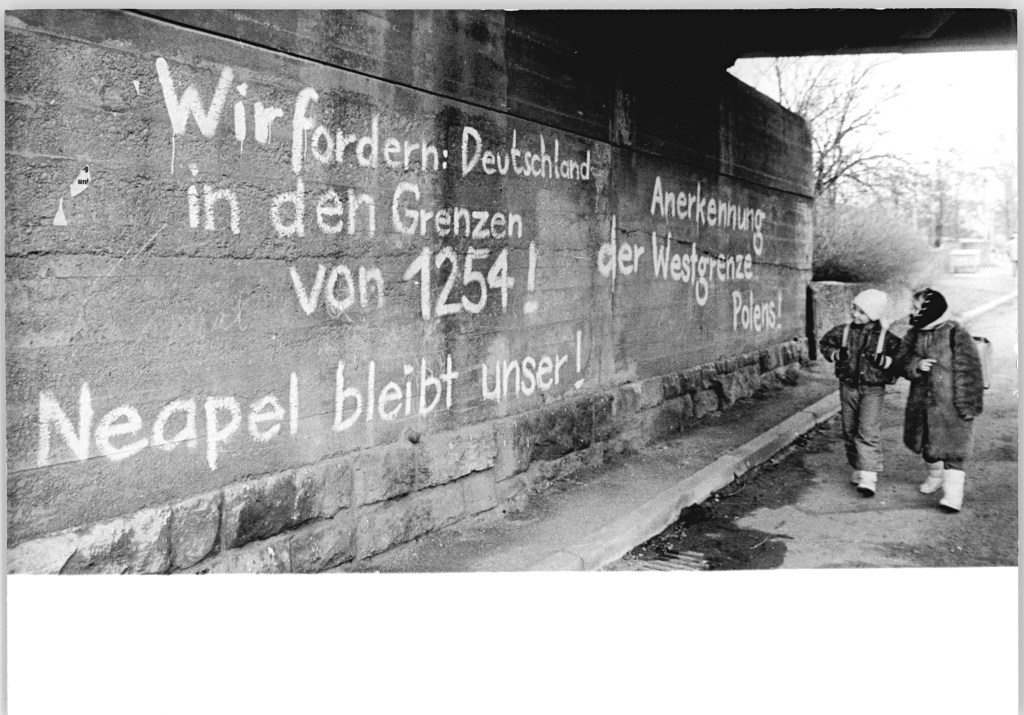-
I have a book coming out with Bloomsbury in August: “The German Democratic Republic: The Rise and Fall of a Cold War State” It’s a short one-volume history that covers the whole of the GDR and presents the state of the art academic research for a general audience. And now I have cover art! Here…
-
I spoke with Jill Massino about The Human Rights Dictatorship Socialism, Global Solidarity and Revolution in East Germany for the New Books Network. You can listen to our talk here.
-
In connection with the 30th anniversary of German unification on October 3, I gave several interviews about my research on the GDR. The first was a radio interview by Sumi Somaskanda on KCRW Studio Berlin, with Anke Domscheit-Berg and myself on the topic “How Connected are Germans Really 30 Years after Reunification?” The second was…
-
I talked with Bob Whitaker of the history and video game YouTube series History Respawned about anti-fascism, resistance to the Nazis and Through the Darkest of Times. Here it is:
-
Check it out at Geschichte der Gegenwart in English or auf Deutsch
-
Our thematic issue of East Central Europe on “New Perspectives on Socialism and Human Rights in East Central Europe since 1945,” is now online! This publication originated from the conference Human Rights after 1945 in the Socialist and Post-Socialist World – Conference Programme Now Available co-organized by myself, Hella Dietz and Robert Brier and held…
-
In February 2020, my first book “The Human Rights Dictatorship: Socialism, Global Solidarity and Revolution in East Germany” will be coming out with Cambridge University Press. You can pre-order The Human Rights Dictatorship on Amazon now! The cover art is a photo by Sibylle Bergemann (1941-2010) from her series Das Denkmal on the construction of…
Ned Richardson-Little
history and other ongoing projects…
